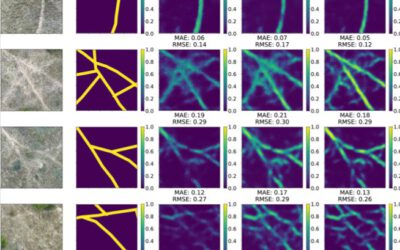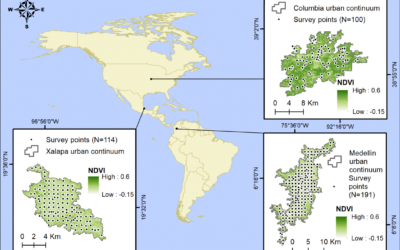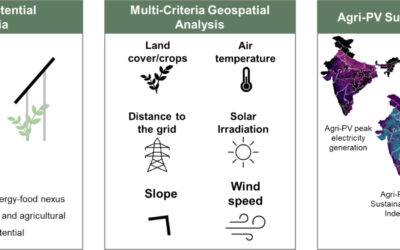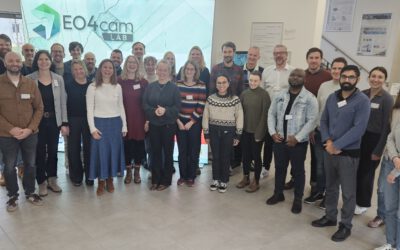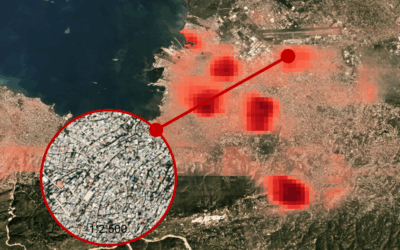 Our new publication with Raffael Ernst on the importance and challenges of logging roads for maintaining biodiversity has been published in Frontiers in Ecology and the Environment.
Our new publication with Raffael Ernst on the importance and challenges of logging roads for maintaining biodiversity has been published in Frontiers in Ecology and the Environment.
In a recent debate triggered by a thought-provoking editorial (Front Ecol Environ 2014; 12[3]: 147), in which Laurence and Edwards proposed several immediate actions to be taken to safeguard biodiversity in logged tropical forests, Bicknell et al. (2015) stressed that closing roads immediately after logging operations have ceased is one of the most efficient measures to minimize further biodiversity losses. This is a view that has already been promoted and reiterated (Fimbel et al. 2001; Meijaard et al. 2005). However, in their response, Kleinschroth et al. (2016) pointed out that reusing existing roads can actually spare forest and prevent additional biodiversity loss in subsequent logging rotations. Consequently, they argued against discarding logging roads permanently and called for maintaining them in a state that will make reopening them both logistically feasible and economically viable.
read more at:
A frog’s eye view: logging roads buffer against further diversity loss
Ernst, Hölting, Rodney, Benn, Caesar and Wegmann (2016), Frontier in Ecology and the Environment
http://onlinelibrary.wiley.com/doi/10.1002/fee.1314/full



